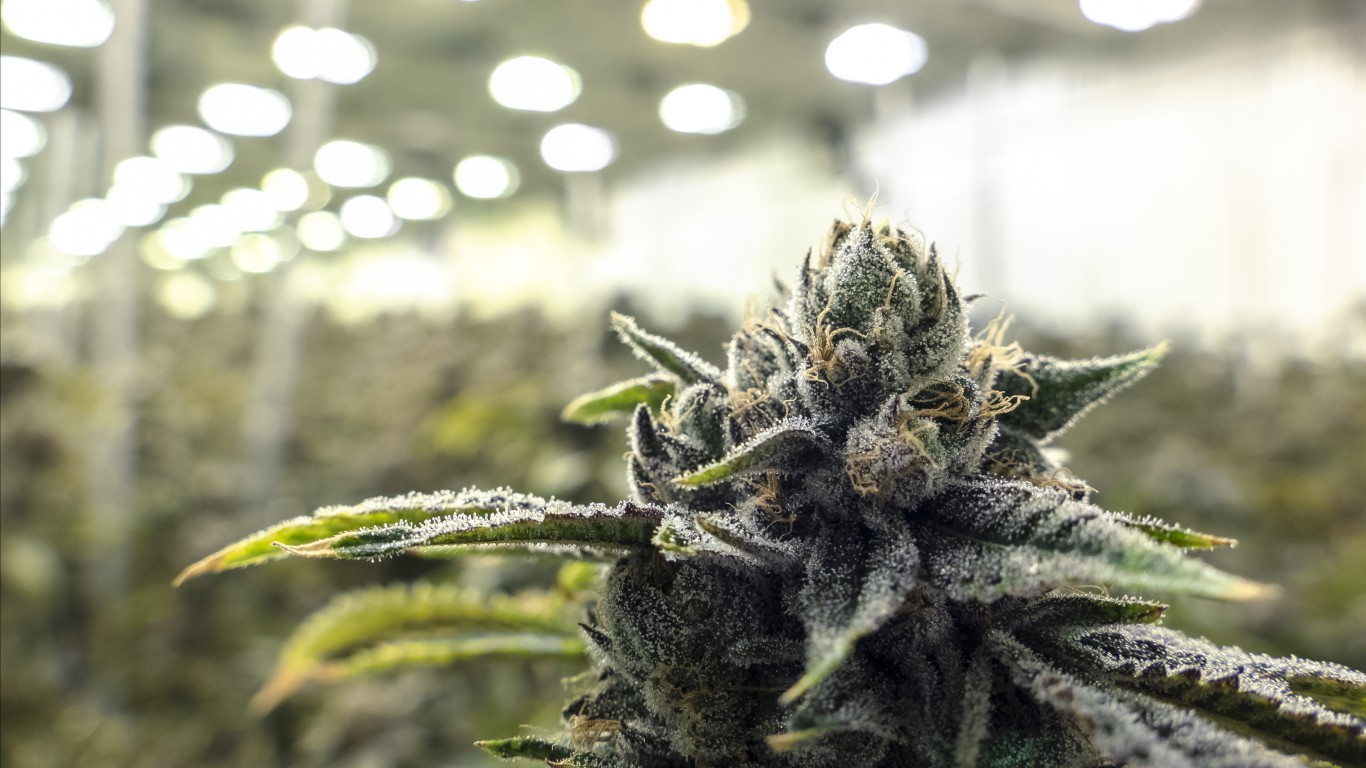Companies and Brands
California Pot Merchants Hit by New Labeling Requirement

Published:

Beginning on January 1, 2021, products containing any amount of tetrahydrocannabinol (THC), the psychoactive ingredient in marijuana, sold in California will be required to carry a label alerting consumers to possible reproductive harm caused by using the products. The requirement brings THC into compliance with Proposition 65, which was enacted into law in 1986 as the Safe Drinking Water and Toxic Enforcement Act.
The labeling requirement follows a state study reported in October 2019 that added THC to a list of some 900 chemicals that the state has identified as potential causes of cancer or reproductive harm. Marijuana smoke has been included on the list since 2009.
The threat to cannabis and cannabidiol (CBD) comes from two main directions. First, the products must warn of the presence of THC no matter how tiny the amount. CBD products, which contain less than 0.3% THC, also must be labeled.
The second wave of growth for the cannabis industry, dubbed Cannabis 2.0, revolves around the sale of derivative products, including THC-laced food and non-THC products like ointments and creams that use CBD.
According to a report in Cannabis Business Executive, “Many cannabis and CBD products rely on the consumers’ belief that the product is harmless and even therapeutic.” A warning label could shatter that belief and abruptly choke off sales.
A second threat to growers and retailers are legal proceedings by attorneys the report calls bounty hunters “who have weaponized the statute, ostensibly in the public interest but in reality as a lucrative for-profit business.” According to a report from the state attorney general, in 2018 829 lawsuits involving Proposition 65 labeling were settled out of court for a total of more than $35 million. More than three-quarters of that amount went to attorney’s fees.
Under the law, the state may set a safe harbor limit for products that include THC. That could set a floor below which a warning label wouldn’t be required.
However, given California’s history of setting safe harbor levels many times lower than either national or international levels, it is reasonable to conclude that a safe harbor level for THC will be well below the 0.3% standard for hemp and other CBD products.
While a CBD product may contain no more than 0.3% THC, any detectable amount, no matter how small, triggers the labeling requirement. That raises the demand for (expensive) testing and, ultimately, means higher prices for consumers.
Are you ahead, or behind on retirement? For families with more than $500,000 saved for retirement, finding a financial advisor who puts your interest first can be the difference, and today it’s easier than ever. SmartAsset’s free tool matches you with up to three fiduciary financial advisors who serve your area in minutes. Each advisor has been carefully vetted and must act in your best interests. Start your search now.
If you’ve saved and built a substantial nest egg for you and your family, don’t delay; get started right here and help your retirement dreams become a retirement reality.
Thank you for reading! Have some feedback for us?
Contact the 24/7 Wall St. editorial team.